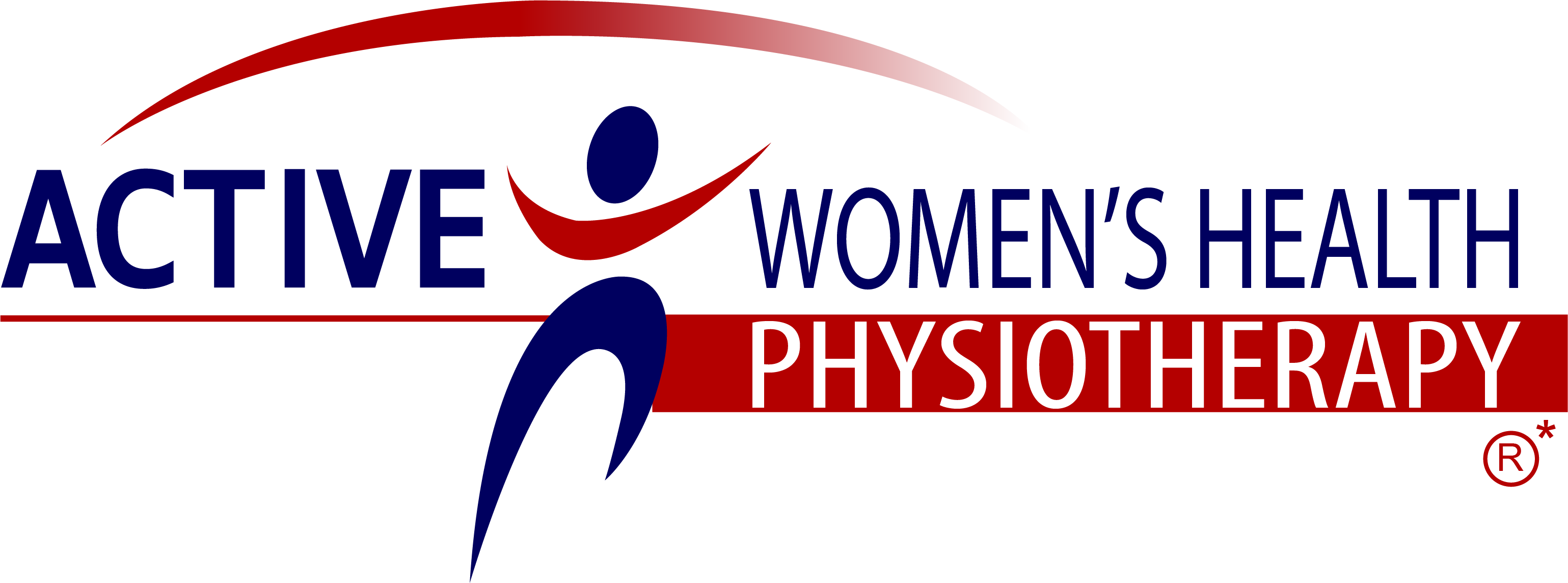I have included a link today to a Radio National Life Matters show on a silent epidemic-Persistent Pelvic Pain. I was alerted to this wonderful discussion by my husband (an avid Life Matters listener) as I was working with patients at the time of the show and have only just this morning listened to the download.
Bettina Arndt, Dr Susan Evans, a pain survivor-Vanessa and the host of Life Matters, Natasha Mitchell, had a 38 minute discussion on the topic of persistent pelvic pain (PPP)- literally bringing PPP out of the cupboard! Persistent pelvic pain is a debilitating scourge on society and as Susan said the causes can be multi-factorial and quite divergent but the end result is the same – a miserable, stressed and despondent woman(or man).
Quite a few listeners phoned in with their story, and the story is the same – a run-around to many different doctors and therapists, invasive tests and surgeries and not many answers.
But there is tremendous hope for these patients. Because of work by the Adelaide pain researchers Lorimer Moseley and David Butler which has shed a new light on how to manage chronic pain, great improvements are happening for pelvic pain disorders. By adapting their wonderful principles of the central sensitization of pain rather than only focusing on the end organ (in the periphery such as the endometriosis, the vagina, the bladder etc) we are now looking at a multi-factorial approach to treatment, which importantly, includes the brain.
Understanding about this new way of treating persistent pelvic pain:
- that the brain decides whether there is going to be pain or not;
- identifying stressors that might be releasing stress hormones such as cortisol and adrenaline which accentuates the already hypersensitive nervous system;
- dilators to massage the tight pelvic floor muscles and to desensitize the painful vagina
- pelvic floor muscle training but focusing on the RELAXATION of the muscles rather than over-tightening them;
- relaxation and breath awareness by using general body and pelvic floor relaxation CDs,
- (perhaps meditation- this is not always easy for people to access);
- release of endorphins (the body’s own pain killer rather than high dose and sometimes addictive medications) through general exercise – doing it in a paced and graded way;
- a medication (which is in fact a low dose old-fashioned antidepressant which turns down the messages from the pelvic nerves) –
All of these strategies plus a few more WILL change the outcome for these patients.
Thanks to Bettina for raising the profile of this condition and may our progress forward with treating PPP be a fast and furious to get these patients back to a productive, enjoyable life again.


I certainly celebrated… and cried with relief. A hellish 6 years of being misunderstood (as well as fighting through an ignorant WorkCover system) but finally felt there was hope, empathy and awareness. Now, let’s keep talking…